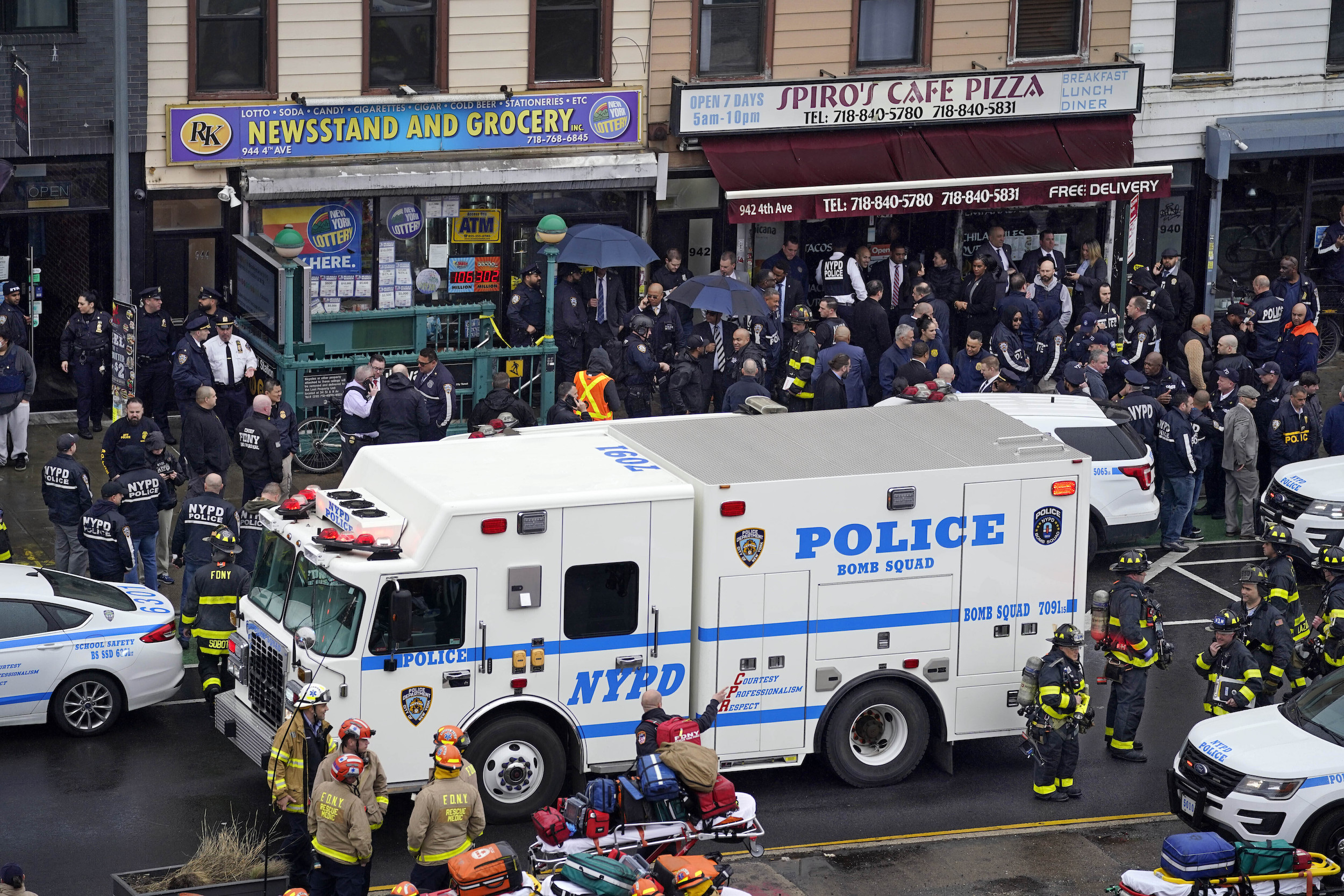Congress has reauthorized the Undetectable Firearms Act, a decades-old law aimed at preventing people from sneaking guns through security checkpoints at schools, airports, concerts, and other public spaces.
The act will remain in force until 2031 under a provision passed as part of a bipartisan spending package signed by President Joe Biden on March 9 to avert a partial government shutdown.
Congress approved the extension one week after The Trace reported that a small group of lawmakers — including Senate Majority Leader Chuck Schumer — was racing to renew the act before it expired on March 8.
The act targets plastic weapons and requires that every gun include enough metal to set off X-ray machines and metal detectors. It has been renewed four times since being signed by President Ronald Reagan in 1988.
Investigating America’s gun violence crisis
Reader donations help power our non-profit reporting.
Rick Vasquez, a former firearms expert at the Bureau of Alcohol, Tobacco, Firearms and Explosives, told The Trace that enforcement of the act is largely symbolic, as modern security detection technology has adapted to snoop out a variety of threats, including those that are nonmetallic.
Still, law enforcement and security experts have pointed to a number of emerging technologies that, while in their infancy, could pose a threat down the road.
A 2021 Department of Justice audit of the federal government’s monitoring of 3D-printed firearms highlighted 3D-gun blueprints that could hypothetically be undetectable. But such a technology still requires the 3D-printed weapon to have its metal firing pins removed, be disassembled, and smuggled through security in a piecemeal form.
The original 1988 measure was passed in reaction to the then-recently invented Glock handgun, produced in Austria. The handgun, which boasted a polymer frame, sparked fears that it could bypass X-rays and metal detectors. Newspapers began dubbing the weapon the “Hijacker Special” after reports leaked of Libyan leader Muammar Gadaffi expressing interest in ordering hundreds of the pistols.
In January, Senators Jack Reed, Democrat of Rhode Island, and Chuck Grassley, Republican of Iowa, introduced legislation to permanently authorize the act, but that bill stalled.
John Donohue, a Stanford law professor and gun policy expert who supported the act’s renewal, said it provides a regulatory measure to deter gun companies from purposely advancing weapons and technology aiming to bypass detectors.
“The ramifications for broad illegality are small, but the ramifications for the areas we do go through metal detectors — stadiums, courthouses, and planes — is huge,” Donohue said. “You can open yourself up to a hijacking problem pretty quickly.”


